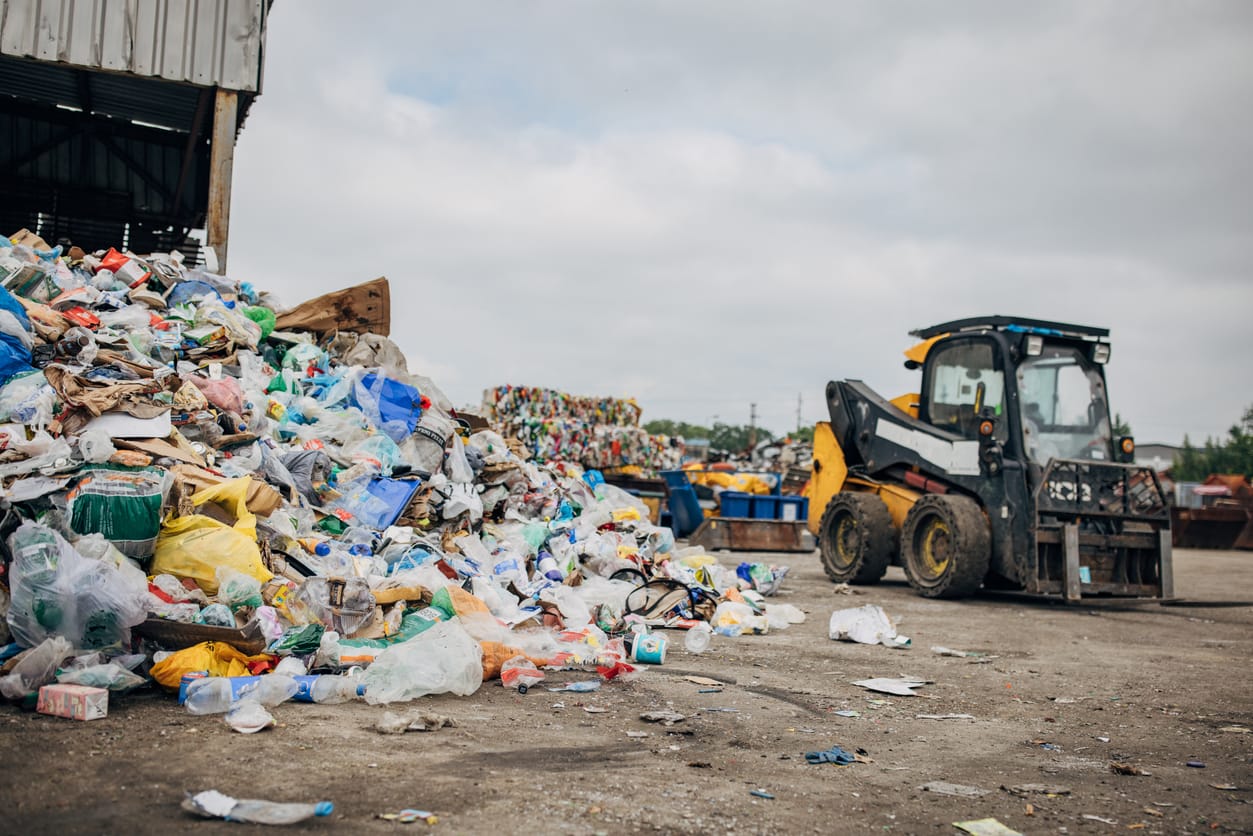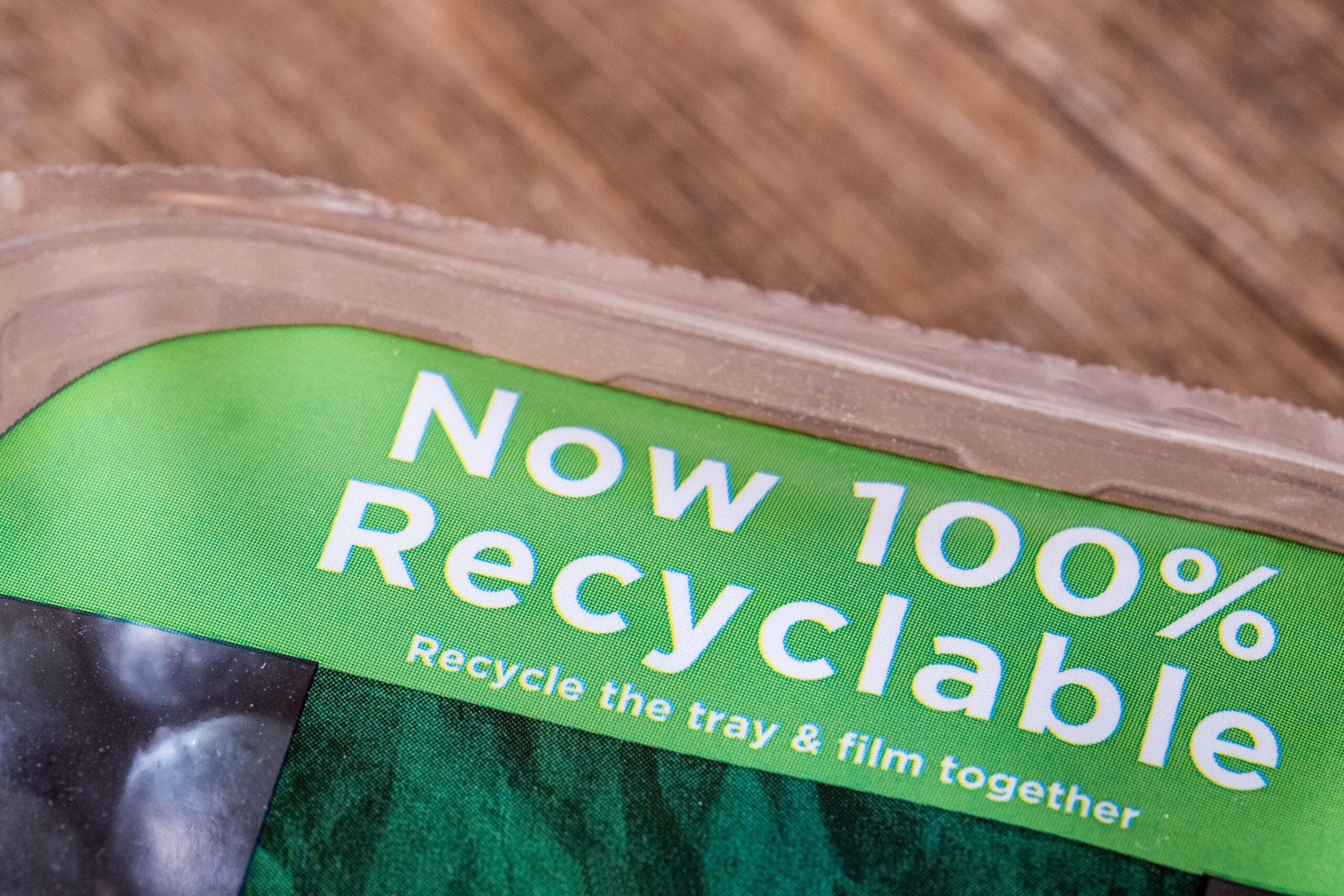Pick from our related articles...
You can find us on
Keep yourself up to date with Let's Recycle It latest news
Wales to ban single-use plastic, but will anything change?
As you venture through the beautiful Welsh countryside, it becomes obvious that the Welsh government must be applauded for taking a stand in doing something to tackle plastic waste. Expected to come into effect in the first half of 2021, Wales is introducing a ban on a long list of single-use plastic items. They have taken inspiration from an EU directive voted in by the European Council in 2019 that included a list of single-use plastic products to become banned, as well as introducing new recycling targets and new restrictions about the use of plastic in manufacturing. Among the banned single-use items are: Wet wipes, sanitary towels, balloon sticks, plates, cups, cutlery, straws and food containers.
This ban is the next major policy implementation in Wales concerning plastic since the 2015 5p charge on single-use carrier bags. After the carrier bag charge was implemented it became clear that rather than singling out plastic as a whole, the prevalence of single-use items was the major concern that needed addressing. The 5p charge saw a 96% decrease in single-use carrier bags in Wales according to reports from Welsh supermarkets; it is hoped that this overwhelming success will be mirrored in the upcoming single-use plastic bans.
So far, Welsh government has not yet specified if this ban will be extended to other single-use materials, or if it will just apply to plastics. Plastic from single-use items is among the worst offending items for being littered in Wales, especially on beaches and in other coastal areas. 60% of the Welsh population live and work on the coast, which is among the main reasons why so much of the littered waste is concentrated in these areas. Deputy Minister for Housing and Local Government Hannah Blythyn gave a statement saying:
“The single-use plastics we want to ban are hard to recycle and often found on the beaches and seas around our coast, blighting our beautiful country and harming our natural and marine environments… It is vital we don’t throw away our future – which is why we believe taking this direct action will have a significant impact on changing people’s behaviour and make them think about their waste when ‘on-the-go’”
Governments introducing bans and strict regulations concerning the use of plastic is a step, a vital step, in the right direction. However, this is not enough by itself; the solution is a cultural shift among both businesses and the general population away from reliance on single-use plastics. Recycling needs to be made as convenient for people and as economically viable for businesses as possible. There needs to be alternatives to these single-use plastics made available; they need to be of sufficiently high-quality to not disrupt the industries that rely on them. There needs to be education on the importance and the practicalities of recycling and sustainability; children should be taught in schools and educational resources need to be made accessible to adults. Industry needs to be incentivised to shift towards a circular economy via more ecologically sustainable business models. The road to the solution is long, but if people can all pull together in the same direction it will make that journey to a greener future a much more realistic objective.
Plastic is, and for a long time has been, a material of immeasurable importance; the scientific, technological and medical advancements that have made the modern society we live in possible are in large part due to plastic. Plastic is not going to disappear altogether, and eliminating all plastic use is not the argument being put forward here. Plastic is a key product in the global economy, and it is even possible that plastic, when used appropriately, can serve to protect the environment. Plastic has a number of advantageous properties that explain its popularity as a material: Strength, low-weight, corrosion resistance, weather resistance, water proofing, electrical insultation and, most importantly, cost-effectiveness.
This is not all to say that our relationship with plastic is fine as it is. The tens of billions of single-use plastic products that are used in this country every year have no place in its future. We need non-plastic alternatives to single-use products, accessible recycling, incentives for companies to adopt eco-friendly business models and education of the importance of this cultural shift towards plastic reform if the proposed legislation is to stand a chance of bringing about any real change in Wales.
Follow us to stay up to date on our latest news
If you would like to receive our newsletter to keep up to date with Let’s Recycle It news and to receive marketing information regarding our services, please let us know:


